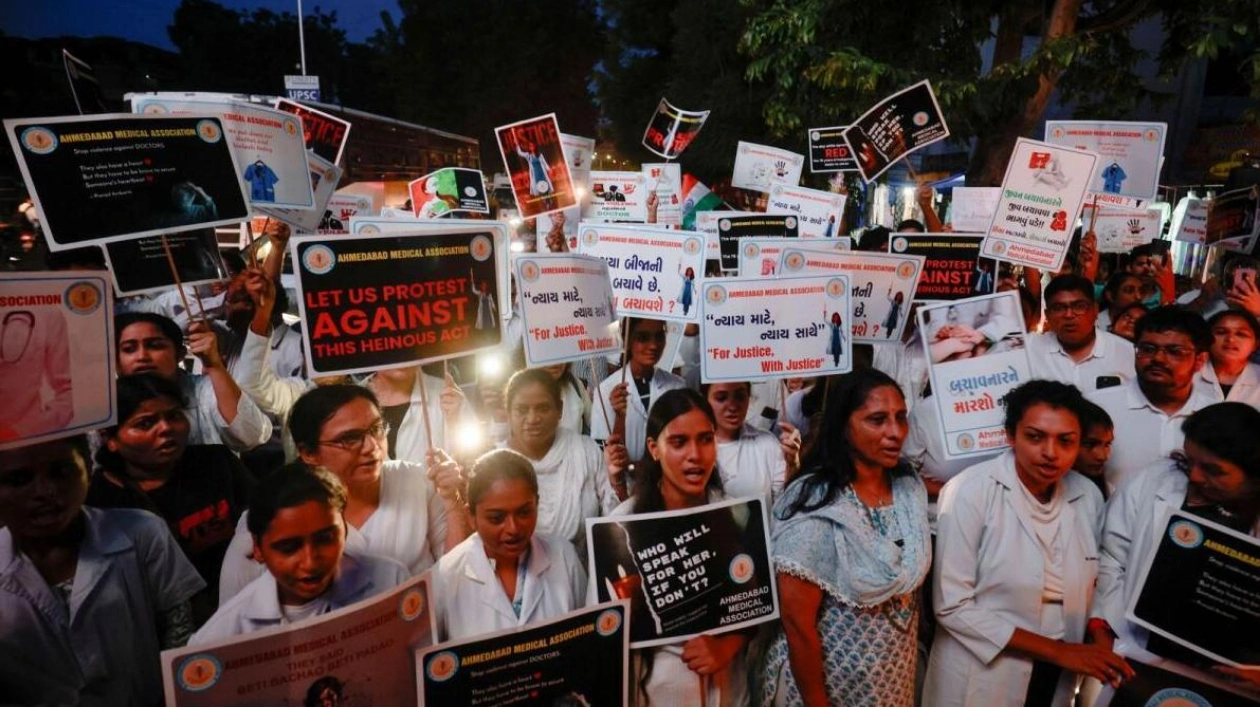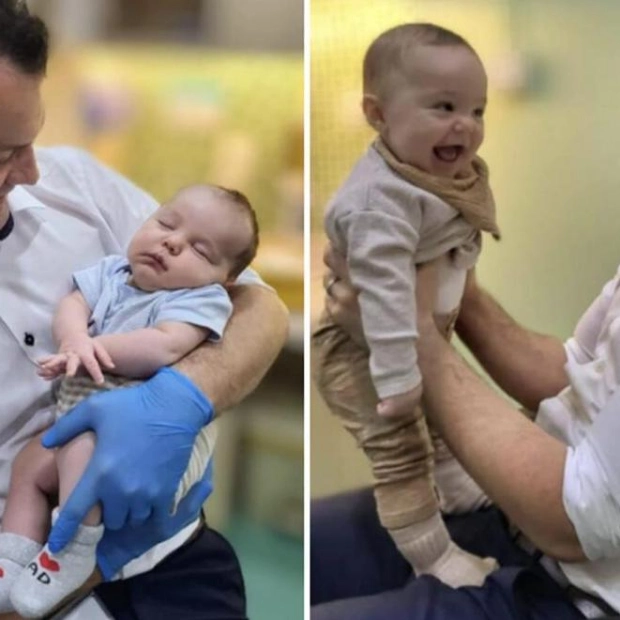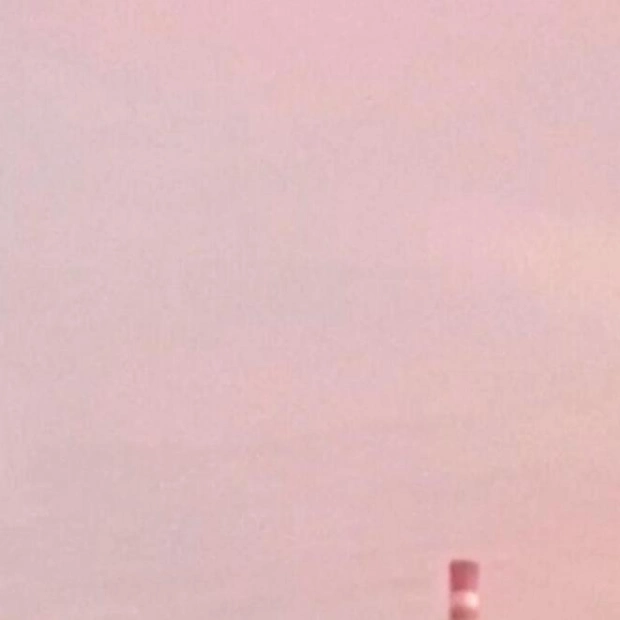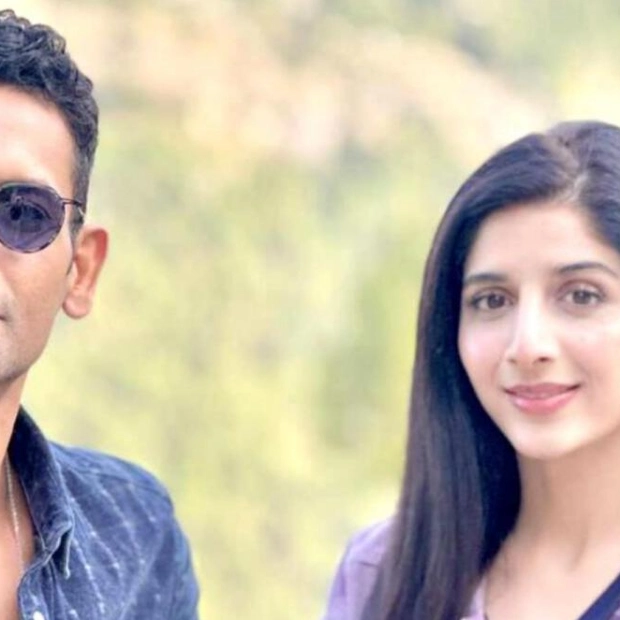Junior doctors in numerous Indian hospitals continued their work stoppage on Sunday, demanding immediate justice for a colleague who was brutally raped and murdered. This action took place despite the conclusion of a 24-hour strike initiated by the country's largest association of doctors. In response to the tragic death of a 31-year-old postgraduate student specializing in chest medicine, which occurred in the early hours of August 9 in Kolkata, doctors nationwide have conducted protests, candlelight marches, and have declined to treat non-emergency patients over the past week.
Women's rights activists argue that the incident at the historic R.G. Kar Medical College and Hospital underscores the ongoing plight of women in India, even after the introduction of stricter laws following the notorious gang-rape and murder of a 23-year-old student in Delhi in 2012. The father of the victim, who remains unnamed due to Indian law, expressed his solidarity with the protesting doctors, stating, "My daughter is gone but millions of sons and daughters are now with me. This has given me a lot of strength and I feel we will gain something out of it."
India overhauled its criminal justice system, including imposing harsher penalties, post the 2012 incident, yet activists claim that real change has been minimal and insufficient measures have been taken to prevent violence against women. The Indian Medical Association, which ended its strike at 6am on Sunday, urged Prime Minister Narendra Modi to intervene, noting that 60% of India's doctors are women and they require protection similar to airport security protocols. "All healthcare professionals deserve peaceful ambience, safety and security at workplace," the association wrote in a letter to Modi.
The government has called on doctors to resume their duties to address the increasing cases of dengue and malaria, while it establishes a committee to propose enhancements in protection for healthcare professionals. Most doctors have returned to their regular activities, according to IMA officials, although Sunday typically sees fewer non-emergency cases. Dr Madan Mohan Paliwal, the IMA head in Uttar Pradesh, stated, "The doctors are back to their routine. The next course of action will be decided if the government does not take any strict steps to protect doctors... and this time we could stop emergency services too."
However, the All India Residents and Junior Doctors’ Joint Action Forum announced on Saturday that it would maintain a "nationwide cease-work" until a thorough inquiry is conducted and arrests are made within 72 hours. Dr Prabhas Ranjan Tripathy, additional medical superintendent at the All India Institute of Medical Sciences in Bhubaneswar, confirmed that junior doctors and interns had not returned to duty. "The demonstrations are there today too," he told Reuters. "There is a lot of pressure on others because manpower is reduced."
R.G. Kar Hospital has been the epicenter of protests and rallies for over a week. To maintain order, police have prohibited gatherings of more than five people around the hospital for a week starting Sunday and have stationed police in riot gear. Kolkata Police Commissioner Vineet Goyal justified the ban on meetings, demonstrations, and processions to prevent "breach of peace, disturbances of the public tranquillity." Reuters reporters noted that there were no doctors at their usual protest site near the hospital gates on Sunday, as it was raining in the area.






